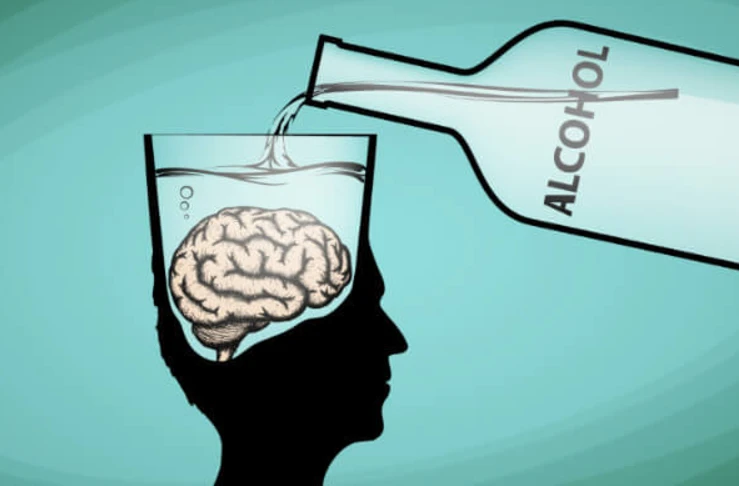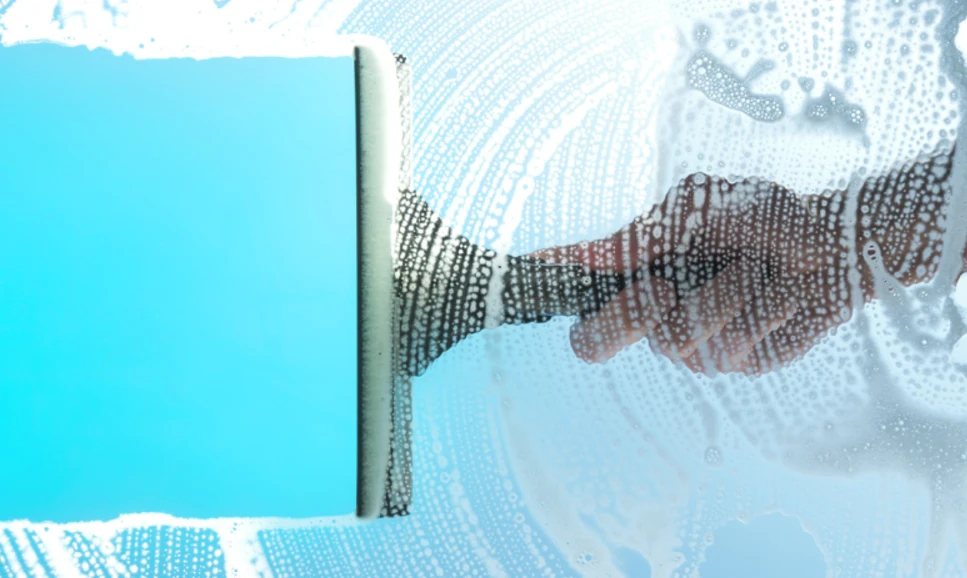
There are almost no completely non-drinkers. There are those who have temporarily given up drinking alcohol. If you are not one of them, and you can sometimes afford a good drink, the feeling of shame the next morning is probably familiar to you. Why does this happen? There are several reasons for this, including the physiological effects of alcoholic beverages on the body and the psychological aspect of the situation, and much depends on upbringing and even genetics.
When considering this issue, you should pay attention to the effects of shame after drinking and ways to overcome this feeling. It is important to understand that after drinking alcohol, a person may lose certain psychological and social barriers, which can lead to behavior that they would never have done in a state of sobriety. After waking up and regaining consciousness, a person may recall their yesterday’s behavior and compare it to the image of their ideal self, which causes general dissonance. As a result, they feel ashamed. For example, a modest young woman may flirt with a guy while drunk, but the next morning she may feel very ashamed of her behavior because it does not fit the socially accepted model of behavior that she responsibly adheres to when sober. Such situations can cause feelings of remorse. Even if a person has not violated their ideal self after drinking, they may still feel remorse. It is worth noting that such feelings are neurotic and abnormal from a psychological point of view. If you feel ashamed after drinking, let’s look at some situations and techniques to overcome this feeling.
What is the reason?
All mentally healthy people have feelings of guilt and they are caused by the fact that a person learns the norms of behavior in society in the process of his or her upbringing and may experience negative emotions when he or she violates these norms. This psychological discomfort can even arise simply as a result of being intoxicated. Scientists say that even people without alcohol dependence can experience shame after drinking alcohol. Therefore, if you feel ashamed after drinking, you can be glad that you do not have alcoholism.
The reasons for feeling guilty can be divided into objective and subjective. Objective reasons for shame are associated with actions and words that a person would never have allowed himself or herself to do if he or she were sober. Under the influence of alcohol, people become more relaxed and sometimes overstep the boundaries of what is acceptable, especially if they are experiencing problems or limitations in their lives. For example, a modest and shy person in a state of intoxication can allow himself or herself to be free in communicating with the opposite sex, or a person who is dissatisfied with his or her boss can violate the chain of command during a corporate party. In such cases, the feeling of guilt is quite normal, as such events can disturb a person, as it is necessary to build relationships with people who have witnessed indecent acts.
In addition, a person may feel anxious about their behavior if they have alcoholic amnesia, i.e., they do not remember what happened the day before or some episodes have faded from their memory. In this case, anxiety is also understandable, especially since memory lapses can cause resentment and lead to brooding.
These signs indicate a possible dependence on alcohol. Cases when a person has not done anything wrong under the influence of alcohol, but still feels psychologically uncomfortable, are one of the symptoms of a hangover. This discomfort is called adrenaline rush and is caused by special biochemical reactions of the body.
Psychological causes
Regardless of the fact that alcohol is legal in our country and many people drink it, subconsciously a person may believe that drinking is bad. When a person drinks a few glasses of wine, he or she can only relax a little while maintaining control. However, if he or she exceeds the permissible limit without doing anything unacceptable, he or she may subconsciously feel guilty for losing control of the situation. Moreover, regular alcohol consumption generally causes negative changes in the emotional sphere. Alcoholism makes people’s psyche more labile, meaning they become emotionally unstable. In some cases, on the contrary, the psyche becomes rigid and inelastic. Such a person does not experience strong emotions, even in the presence of objective reasons for them. People often try to calm down, cheer up, forget anxiety, and relax by drinking alcohol. However, as a result, they sink even deeper into despair, feeling even more empty after drinking alcohol.
The feeling of shame in psychology is a complex aspect, and its true causes can only be established during a personal consultation with a psychologist or psychotherapist. Often, a person is concerned about internal responsibility and feelings of guilt because of the consciousness of their internal betrayal. For example, when a person drinks alcohol, they are in control of their life and keep it under control, and in this case, a sense of guilt arises. But if this line is crossed, alcohol begins to control the person, and guilt is almost inevitable. On a subconscious level, everyone knows that drinking is bad, and stereotypes have a lot of power over people. In addition, if a person believes in God, he or she may feel guilty that alcohol changes his or her God-given image. Guilt can also arise if a person has made a promise to themselves or their loved ones that they will no longer drink and have not kept it.
Each of these reasons creates a stressful and unpleasant situation for a person. Interestingly, people’s reactions to such a situation can vary: some people feel more guilty, while others may experience memory problems. If a person feels guilty, it is worth paying attention to the situation when they really feel guilty towards friends or colleagues with whom they drank. Psychologists note that it is good when there is a serious situation in memory that can be worked with during introspection. At such a moment, a person should apologize for their actions, forgiving themselves in their thoughts: “I forgive myself for everything I said/did yesterday.”
The main factor in this is voluntary forgiveness, so this phrase or a similar one should be repeated until the feeling of shame begins to diminish. Admitting your own guilt is another step toward forgiving yourself. It is important to understand that such situations can happen to anyone, and everyone has the right to make mistakes, since only those who do nothing are not wrong.
Physiological causes
Ethyl alcohol affects all tissues and organs of the human body. It has a particularly strong effect on the central nervous and endocrine systems. The more pure ethanol enters the body, the more these changes occur. Under the influence of alcohol, hormonal levels change, the hypothalamus and adrenal glands begin to produce more adrenaline. Excess adrenaline in the blood leads to anxiety and depression. Along with other symptoms of a hangover, such as rapid heart rate, headache, and nausea, a large amount of adrenaline causes a feeling of psychological discomfort.
How to cope with guilt after drinking alcohol and having misconduct:
- Admit your guilt. Although it may be unpleasant, find out the details of what you did while intoxicated, ask witnesses, and get a full picture of what happened.
- Forgive yourself. Realize that mistakes and faults are an integral part of life. Your interlocutors were probably not perfect either. Accept your human nature and give yourself the opportunity to make peace with your mistakes.
- Ask for forgiveness from those who were hurt. If you find out that your behavior has caused harm to others, personally reach out to them and apologize. Be sincere and credible in your apology.
- Continue to live your normal life. After you have received forgiveness from those you have offended, return to your normal behavior and try not to repeat your mistakes. Draw conclusions from what happened and make efforts to avoid situations that could lead to similar misconduct.
How to cope with guilt if it is unreasonable:
- Realize that you have not offended anyone. Remember that a hangover and an “adrenaline rush” are a physiological reaction of the body to alcohol, not the result of your actions.
- Improve your physical condition. Try a contrast shower, drink plenty of fluids (mineral water, sour fruit drinks, juices, green tea) and take pharmacy hangover medications that can alleviate your condition (for example, Alka-Seltzer, Antipohmelin or their analogues).
- Eat a nutritious diet. Consume nutritious foods such as oatmeal, boiled eggs, and vegetable salads. This will help your body recover faster.
These approaches can help you deal with the guilt after drinking, depending on the situation. However, if you have a problem with alcohol or feel guilty all the time, it may be helpful to see a professional psychologist or doctor for additional support and advice.






